In June, when the Supreme Court ruled against affirmative action, it barred race-conscious decisions in college admissions but still permitted universities to practice legacy admissions in a vast sea of applicants. More than 40% of private universities — including many of the most elite schools in the country — indulge in this practice.
These schools claim that legacy admissions have benefits: ensuring that the children of alumni are granted acceptance motivates families to continuously donate, generation after generation. All that money is essential to sustaining the elite status of these institutions, educating one generation and then ushering in the next.
Yet the notion that the descendants of privileged, educated people ought to receive a leg up — in addition to their inherited advantage — is anti-meritocratic and goes against a supposed tenet of this country and of these institutions: that hard work equalizes.
Let’s address the elephant in the room: many of us at U-High are these descendants. We — myself included — are the potential beneficiaries of legacy admissions at top colleges. Many of our parents and even grandparents attended some of the most prestigious universities in the country.
That’s why I sympathize with those who might squirm at the thought that legacy admissions could end this year, right now. It’s no longer theoretical; it’s personal. Many of us deeply believe in the logic behind the need to end legacy admissions. Still, the thought that this would put our own plans, futures and dreams in jeopardy complicates the topic in a way that might blur our vision and our morals. Those plans of college applications and increasingly imminent futures feel devastatingly, earth-shatteringly important.
But to uphold the fundamental values that many of us have formed regarding our privilege, we must not get tunnel vision. We must come back into focus and see the broader scope of our role in all of this. We must understand that this issue is so much vastly bigger than any of us.
Statistically, the children of those who attended elite colleges come from socioeconomically privileged backgrounds. With that comes the best preschools, top tutoring, artistic enrichment and other expensive educational advantages only available to those who can afford them. These families highly value education and are often more than capable of providing their children with resources necessary to achieve greatness. Their potential is boundless, as are their college résumés.
These are the people — most of us — least in need of an extra edge while applying to universities.
The Supreme Court decision removing affirmative action makes it even more clear that the use of legacy admissions is intolerable. The consideration of race in college admissions was intended to not only bring diversity for the benefit of entire college campuses but also to provide appropriate opportunities to groups marginalized, mistreated and enslaved over generations.
Many of the country’s top universities claim to uphold a focus on diversity, equity and inclusion. Yet, those same institutions perpetuate a system that almost entirely benefits those in positions of socioeconomic privilege.
If admissions officers are barred from being conscious of race, surely they should not consider familial relations in tandem.
It’s important to consider one argument in favor of continuing legacy admissions: at this point, the practice has finally begun to benefit a number of previously underrepresented groups, giving those families the opportunity to grow long-term, generational wealth as well. But the amount of those who recently benefit are eclipsed by the number of people who have long benefited from legacy admissions.
Let’s admit it: this is hard. It can feel impossible to look past our own self-interest, our own immediate needs, our own ambitions, expectations and lives. But it is time to do so. It is our responsibility to advocate for what is right. Those of us who could benefit from legacy admission practices must be willing to sacrifice one of our privileges.








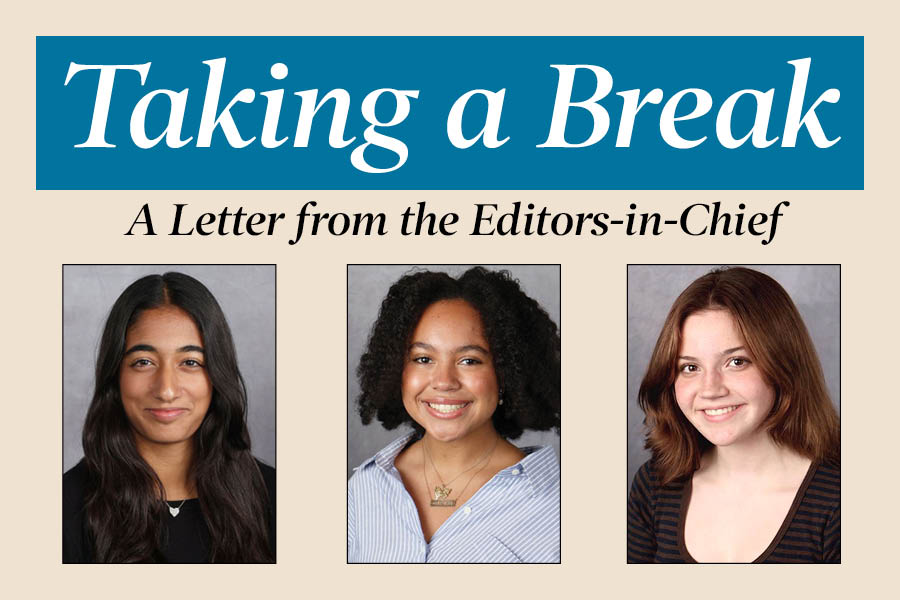
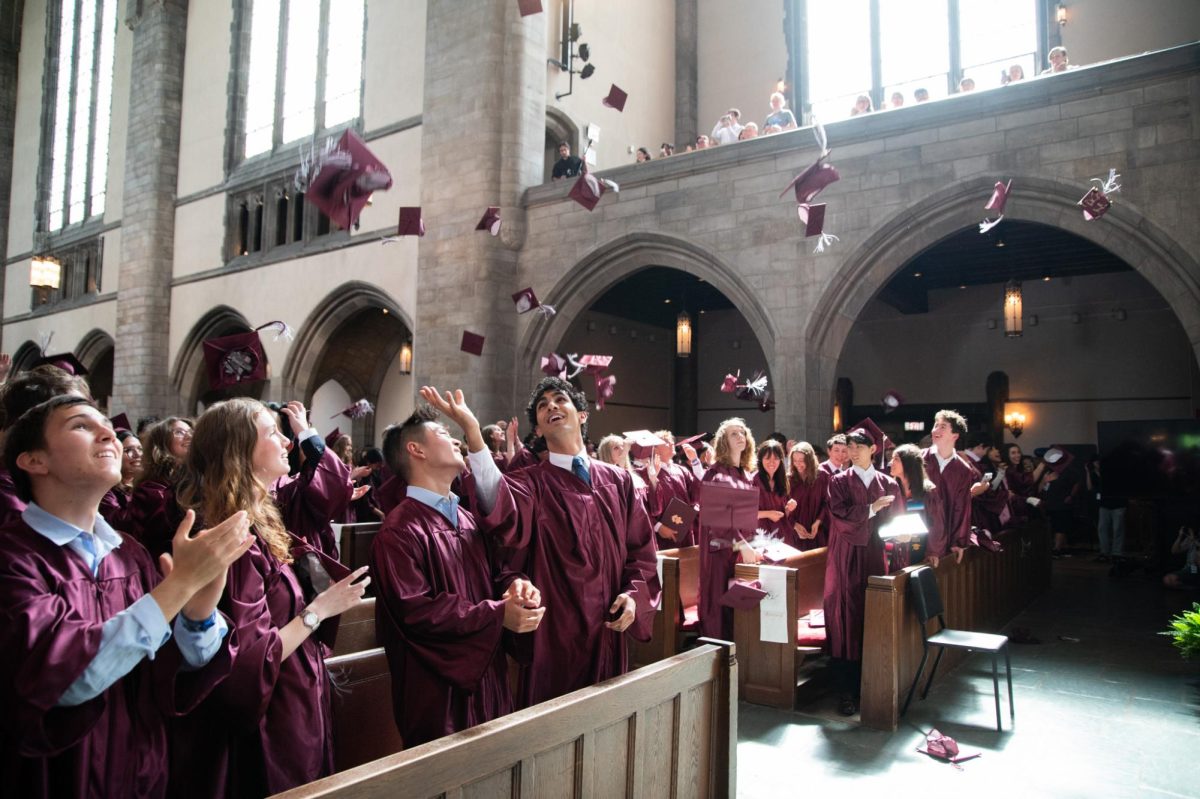

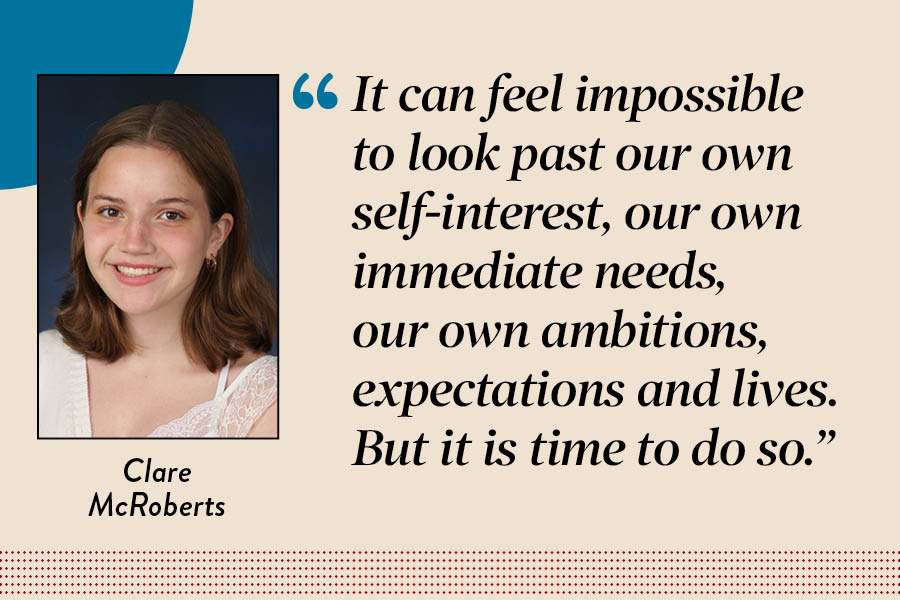


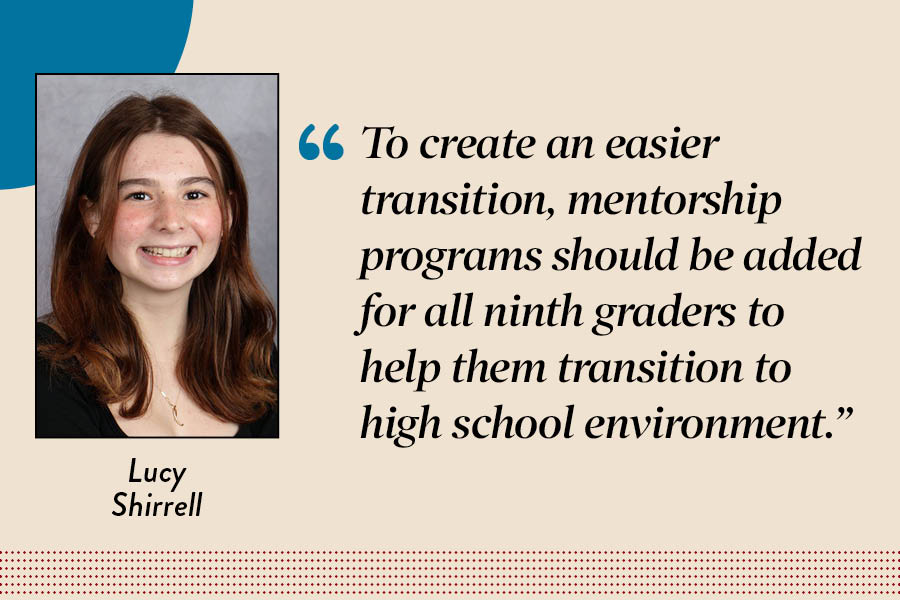
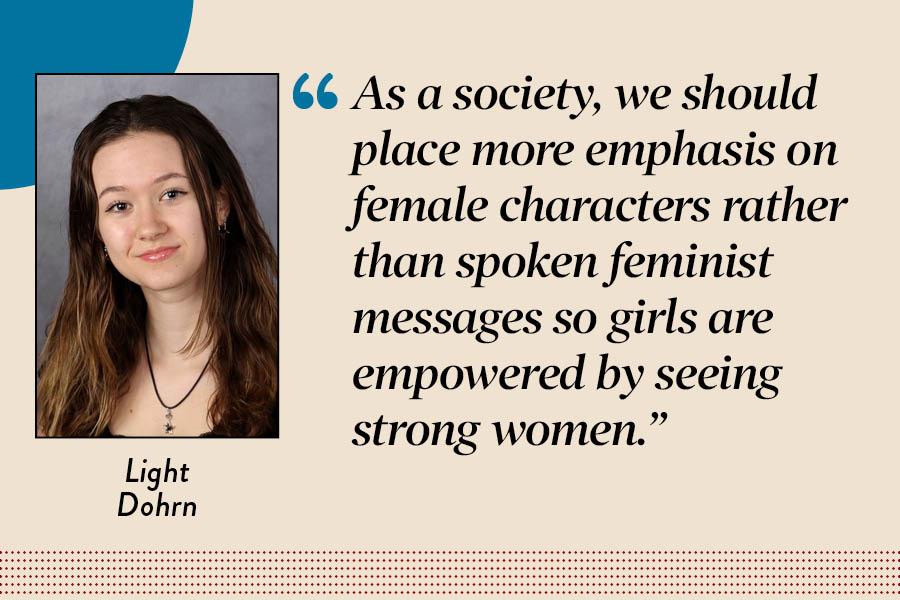



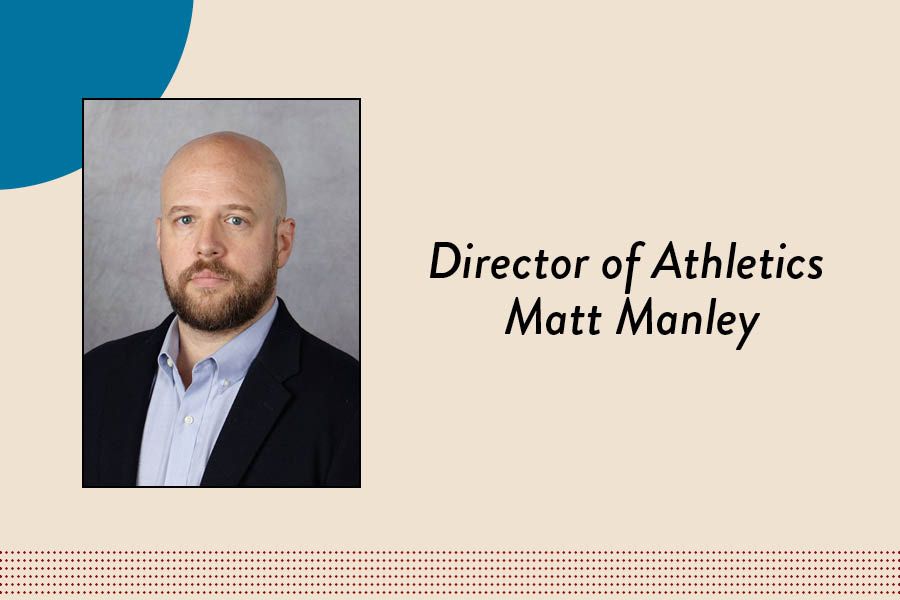
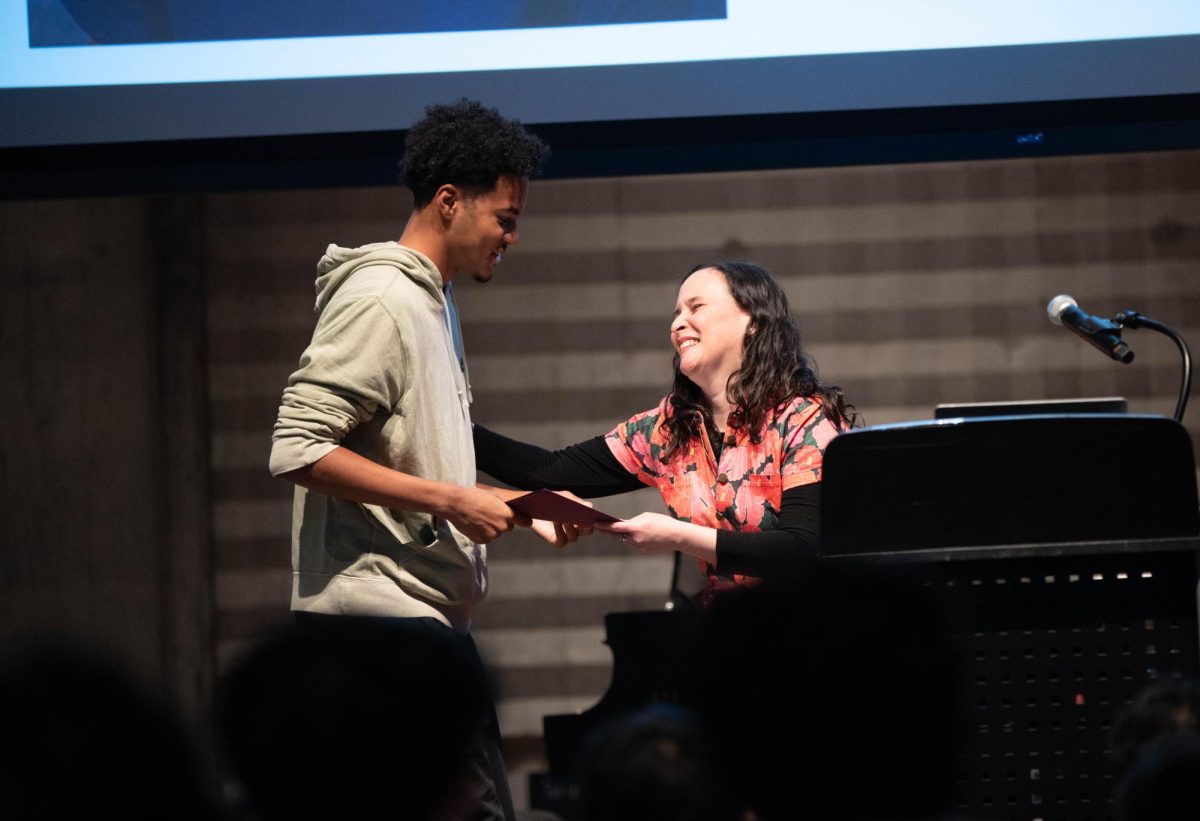


Doug Carnine • Dec 9, 2023 at 2:57 pm
An important, well thought essay about a very important topic that brings your own privilege into question. Congratulations.